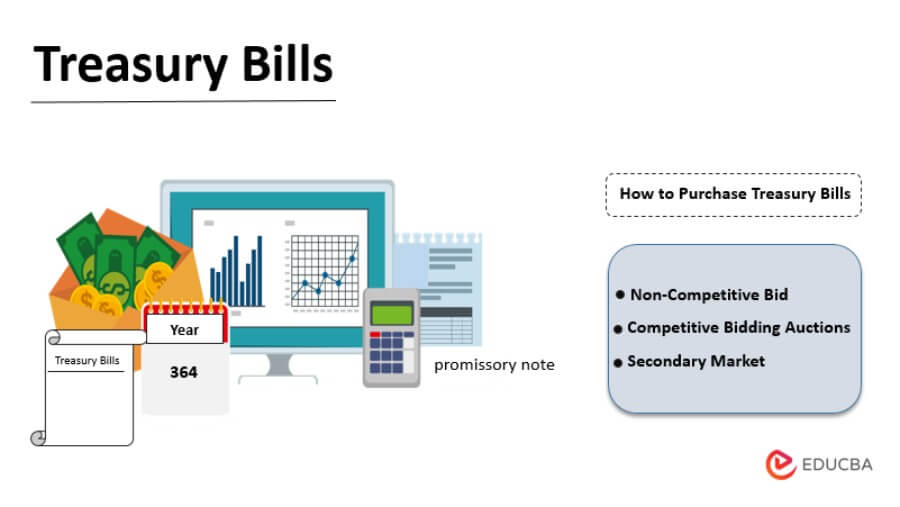
The index is heading lower when you see futures. This could be due to major shipping lanes being closed by unexpected weather events before the stock market opens. This could also be due to a pandemic Coronavirus. We'll be discussing some of the advantages of selling futures contracts in this article. Keep reading to find out more. In the meantime, you may also want to learn about Expiration of futures contracts and why you might want to sell a futures contract.
S&P 500 futures are currently down
S&P futures are down, so what's the deal? If futures drop, traders worry that the S&P will suffer big losses. It's important to note that S&P futures are available for investors all over the world 24 hours a day. Even if there was a decline in the futures market, the stock price would already have fallen lower before the markets opened.
As of 5 a.m. ET, S&P Futures are down nearly 1 percent. Market pressure has continued to build as investor concerns and worries about China continue to grow. The S&P 500 has seen its worst first half for 40 years. This may even be the worst year since 1970. However, this doesn't mean that the correction is complete. Futures prices are likely lower because listed companies are still under severe pressure.

Coronavirus pandemic is to blame
If you feel that our futures are in peril, it is time to look at the potential role coronaviruses may play in our downfall. Wendy Barclay, a virologist from Imperial College London has been studying the evolution coronaviruses ever since the 1990s. They discovered that the virus started diversifying in the early stages of the pandemic. SARS CoV-2 was able to pick up two mutations per week, or one new change each month. These early changes didn't affect the virus's behavior and did not show the influence of natural Selection.
The global coronavirus pandemic has already claimed the lives of millions of people, including 1 million Americans, and a record-breaking four million in China. Covid-19, a vaccine that preserves memories of those who have lost their lives to the disease, has been developed. However, the virus has caused an increase in stock market prices worldwide and brought down the U.S. dollars and other risky currencies.
Expiration futures contracts
An investor can use a futures option that expires before an underlying asset goes up/down. Futures contracts are subject to a fixed expiration date. These can be settled in physical or cash. Contract specifications include the expiration date. The contract specifications are set by the trade organizer. Generally, this expiration date is the third Friday of the month in which the contract is entered into.
Futures are volatile but tend to be more stable as their expiration dates approach. The key is determining which futures to trade and which ones are too risky for your portfolio. Futures can be used by investors to help determine the direction that a stock index is heading. Futures and stocks are different because they follow stock prices throughout the day, while stocks trade only during trading hours.

Selling a futures agreement has benefits
Futures contracts are a safer way to hedge your portfolio. Selling futures contracts is easier than short-selling stocks. Futures contracts are calculated based on the spot price of a commodity. They are also adjusted to account for the costs of physical storage until the contract expires. Because they provide greater diversification and lower trading expenses, they are a safer investment than short-selling stocks.
There are many reasons for selling futures contracts. You can use them as a liquidity solution, an active risk management strategy or a chance to earn monetary reward. These situations can be unpredictable, however. A farmer selling corn needs to buy an offset contract. They could lose their crop to a natural catastrophe. The corn price will likely rise if that happens. Without the corn crop, the farmer would incur a significant loss. Speculators don't have the ability to anticipate all factors that could impact supply and demand.
FAQ
What's the difference among marketable and unmarketable securities, exactly?
The main differences are that non-marketable securities have less liquidity, lower trading volumes, and higher transaction costs. Marketable securities on the other side are traded on exchanges so they have greater liquidity as well as trading volume. Because they trade 24/7, they offer better price discovery and liquidity. However, there are some exceptions to the rule. For example, some mutual funds are only open to institutional investors and therefore do not trade on public markets.
Non-marketable securities tend to be riskier than marketable ones. They usually have lower yields and require larger initial capital deposits. Marketable securities are generally safer and easier to deal with than non-marketable ones.
A bond issued by large corporations has a higher likelihood of being repaid than one issued by small businesses. The reason for this is that the former might have a strong balance, while those issued by smaller businesses may not.
Investment companies prefer to hold marketable securities because they can earn higher portfolio returns.
Can you trade on the stock-market?
The answer is yes. Not all people are created equal. Some have greater skills and knowledge than others. They should be recognized for their efforts.
Other factors also play a role in whether or not someone is successful at trading stocks. For example, if you don't know how to read financial reports, you won't be able to make any decisions based on them.
This is why you should learn how to read reports. Understanding the significance of each number is essential. It is important to be able correctly interpret numbers.
You will be able spot trends and patterns within the data. This will enable you to make informed decisions about when to purchase and sell shares.
And if you're lucky enough, you might become rich from doing this.
How does the stockmarket work?
You are purchasing ownership rights to a portion of the company when you purchase a share of stock. Shareholders have certain rights in the company. He/she has the right to vote on major resolutions and policies. The company can be sued for damages. He/she can also sue the firm for breach of contract.
A company cannot issue shares that are greater than its total assets minus its liabilities. This is called capital adequacy.
A company with a high capital adequacy ratio is considered safe. Companies with low ratios are risky investments.
What is a mutual funds?
Mutual funds are pools that hold money and invest in securities. They provide diversification so that all types of investments are represented in the pool. This helps to reduce risk.
Professional managers manage mutual funds and make investment decisions. Some funds offer investors the ability to manage their own portfolios.
Mutual funds are preferable to individual stocks for their simplicity and lower risk.
What is the difference between stock market and securities market?
The entire market for securities refers to all companies that are listed on an exchange that allows trading shares. This includes stocks and bonds, options and futures contracts as well as other financial instruments. Stock markets can be divided into two groups: primary or secondary. Stock markets are divided into two categories: primary and secondary. Secondary stock markets are smaller exchanges where investors trade privately. These include OTC Bulletin Board Over-the-Counter (Pink Sheets) and Nasdaq ShortCap Market.
Stock markets are important because it allows people to buy and sell shares in businesses. It is the share price that determines their value. The company will issue new shares to the general population when it goes public. These newly issued shares give investors dividends. Dividends refer to payments made by corporations for shareholders.
Stock markets not only provide a marketplace for buyers and sellers but also act as a tool to promote corporate governance. Boards of directors are elected by shareholders to oversee management. Boards make sure managers follow ethical business practices. The government can replace a board that fails to fulfill this role if it is not performing.
Statistics
- "If all of your money's in one stock, you could potentially lose 50% of it overnight," Moore says. (nerdwallet.com)
- For instance, an individual or entity that owns 100,000 shares of a company with one million outstanding shares would have a 10% ownership stake. (investopedia.com)
- Our focus on Main Street investors reflects the fact that American households own $38 trillion worth of equities, more than 59 percent of the U.S. equity market either directly or indirectly through mutual funds, retirement accounts, and other investments. (sec.gov)
- US resident who opens a new IBKR Pro individual or joint account receives a 0.25% rate reduction on margin loans. (nerdwallet.com)
External Links
How To
How to make your trading plan
A trading plan helps you manage your money effectively. It helps you understand your financial situation and goals.
Before you start a trading strategy, think about what you are trying to accomplish. You may want to make more money, earn more interest, or save money. If you're saving money you might choose to invest in bonds and shares. You can save interest by buying a house or opening a savings account. You might also want to save money by going on vacation or buying yourself something nice.
Once you have a clear idea of what you want with your money, it's time to determine how much you need to start. This depends on where you live and whether you have any debts or loans. It is also important to calculate how much you earn each week (or month). Your income is the net amount of money you make after paying taxes.
Next, make sure you have enough cash to cover your expenses. These include rent, food and travel costs. All these things add up to your total monthly expenditure.
You'll also need to determine how much you still have at the end the month. This is your net available income.
This information will help you make smarter decisions about how you spend your money.
Download one from the internet and you can get started with a simple trading plan. Or ask someone who knows about investing to show you how to build one.
Here's an example spreadsheet that you can open with Microsoft Excel.
This shows all your income and spending so far. This includes your current bank balance, as well an investment portfolio.
And here's another example. This was designed by a financial professional.
It will allow you to calculate the risk that you are able to afford.
Don't attempt to predict the past. Instead, put your focus on the present and how you can use it wisely.